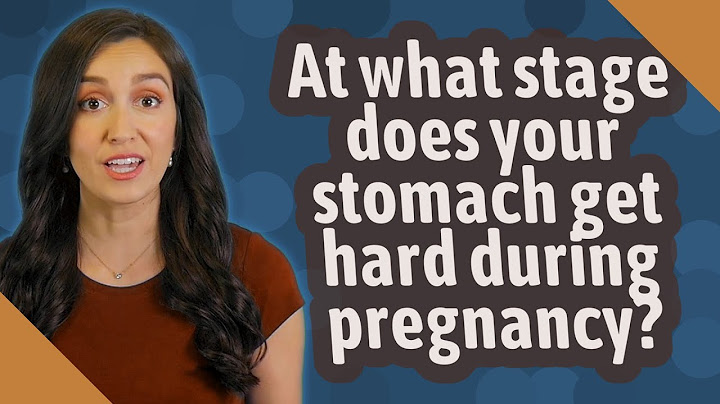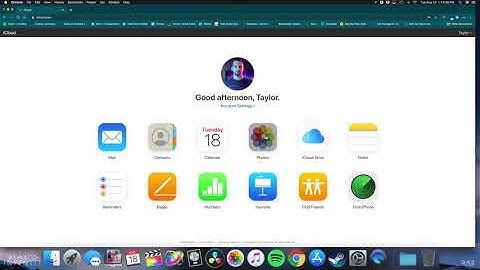 Show
A severe mental illness can be incapacitating, making it impossible to work. Bouts of illness, concentration problems, difficulty communicating, medical appointments, and unplanned absences can make getting and keeping a job extremely difficult. With no work and no steady source of income, thousands of people with mental health conditions apply each year for Social Security Disability benefits in hopes of receiving a monthly check. If only it were that easy. The reality is that getting Disability for mental illness can be challenging and requires more effort than filling out a few forms. Because mental illness is a “hidden” or “invisible” condition and is often subjective in nature, it can be among the most difficult Disability claims to prove. Still, it is not impossible and it is worth the effort. A good starting point is to take some time to understand how the Social Security Administration handles these types of cases. Here’s a crash-course on mental disorder Disability claims, complete with five things you should know: Can’t work due to mental illness? Talk to our Disability team: 855-702-9061. Two types of programs are available for Disability for mental illness.The Social Security Administration oversees two federal Disability programs: Social Security Disability Insurance (SSDI) and Supplemental Security Income (SSI). Both programs offer cash benefits to mentally disabled individuals who cannot work, but they are quite different. Social Security Disability Insurance (SSDI) is awarded to individuals with a significant work history who paid Social Security taxes during their working years. If approved for SSDI, the amount you could receive depends upon how long you worked and how much you paid into the system. Currently, the average monthly payment for a disabled worker is $1,165.74, but the maximum amount could be up to $2,639. Many people with mental issues haven’t worked much and don’t have enough Social Security Disability work credits to qualify for SSDI, but they may be able to meet the requirements for Supplemental Security Income. SSI is for low-income, disabled individuals with a spotty, or absent, work history. It provides funds to meet basic needs for food, clothing and shelter. If approved for SSI, the amount you could receive depends on what state you live in and how much monthly income you have. Currently, the average monthly SSI payment is $560.55, but the maximum amount could be up to $733. Social Security’s decision-makers will consult a Disability guidebook to evaluate your claim.In order for your application to be approved for Disability for mental illness, your condition must meet certain specific medical requirements. The Social Security Administration has a Disability guidebook – called the “Blue Book” – that contains more than 100 physical and mental impairments that qualify for Disability as long as certain listed criteria are met and backed up by objective medical evidence. Social Security’s decision-makers use the Blue Book to make decisions on Disability claims. “Mental Disorders” is a category in the Blue Book where a list of mental impairments can be found. Some mental health conditions that may qualify for Disability benefits include:
If your condition does not meet the criteria of a Blue Book listing, but you can prove that your mental illness prevents you from working any job, you could still qualify for benefits. The Social Security Administration will determine whether or not you are able to work any job by evaluating your work history, age, and physical and mental capabilities. We’ll handle the Disability process for you. Call 855-702-9061. Medical records ― and treatment ― are essential for your claim.Even though you are legitimately too ill to work, the Social Security Administration is not going to take your word for it. They want proof ― and lots of it. The key to being awarded Disability for mental illness is to have adequate medical records and other documentation that shows you’re unable to engage in consistent, substantial work. If you are not receiving regular treatment by a psychiatrist or psychologist, or if your medical records don’t accurately document the reality of your situation, Social Security will likely send you to an independent doctor for a mental consultative exam. Mental disorders are the second leading cause of Disability claims.In 2014, Social Security Disability benefits were awarded to 778,796 disabled workers. Of that number, 16 percent had a mental disorder diagnosis, according to the recent data from the Social Security Administration. Mental disorders were the second most common impairment, behind musculoskeletal diseases (muscle, back and joint problems) which accounted for 36 percent of Disability awards that year. Although Disability claims pour into the Social Security Administration each year, Disability examiners are not licensed psychiatrists and do not always understand the full scope of limitations caused by certain mental illness. That’s why medical evidence and doctor support is imperative to substantiate mental disorder Disability claims. An experienced Disability attorney can help you get Disability for mental illness.Disability attorneys are trained to identify claims that are strong and those that need work. Claims based upon mental illness often need to be more fully developed. A skilled Disability lawyer knows what evidence the Social Security Administration wants and how to present it in a way that will improve your chance of getting approved. A lawyer can implement strategies that will bolster your case, such as identifying multiple ailments that contribute to your Disability instead of focusing on just one. At McDonald Law Firm, our Social Security Disability team has a deep understanding of the Social Security Disability process and what it takes to get benefits for mental illness. We handle claims from start to finish, maximizing our client’s chance of success. We gather comprehensive medical information, complete the necessary paperwork and build the strongest case possible. If for some reason your initial application gets denied, we will file an appeal on your behalf and, if necessary, represent you during a hearing before an Administrative Law Judge. Best of all, our services will not contribute to your financial hardship in any way. We only get paid if we are successful and our fee is paid directly to us by the Social Security Administration out of a portion of the back pay award when the case is over. Call us today at 855-702-9061 for more information or just fill out the contact form on this page. What are the chances of getting disability with mental illnesses?Applicants with many of these conditions have a higher likelihood of receiving SSDI or SSI benefits than people with mood or anxiety disorders. According to Social Security data, the hearing approval rates for common mental impairments range from 88% for intellectual disorders to 73% for neurocognitive disorders.
How can I prove my mental health disability?To prove your mental disability, you will need to have medical documentations, records and notes from any physicians you are seeing to show that your mental disability makes it impossible for you to work full time. The more medical evidence you have, the easier it is to prove your mental disability.
Is mental disability easy to get?Getting approved for disability by the Social Security Administration for anxiety disorders, an emotional disability or other type of mental disability is harder than getting approved for a physically disabling condition.
Is it hard to get SSDI for mental illness?Social Security disability claims based on mental disorders are never easy to get approved. Mental health claims require expert understanding of the above evaluation process, as well as compelling medical evidence.
|

Related Posts
Advertising
LATEST NEWS
Advertising
Populer
Advertising
About

Copyright © 2024 nguoilontuoi Inc.


















